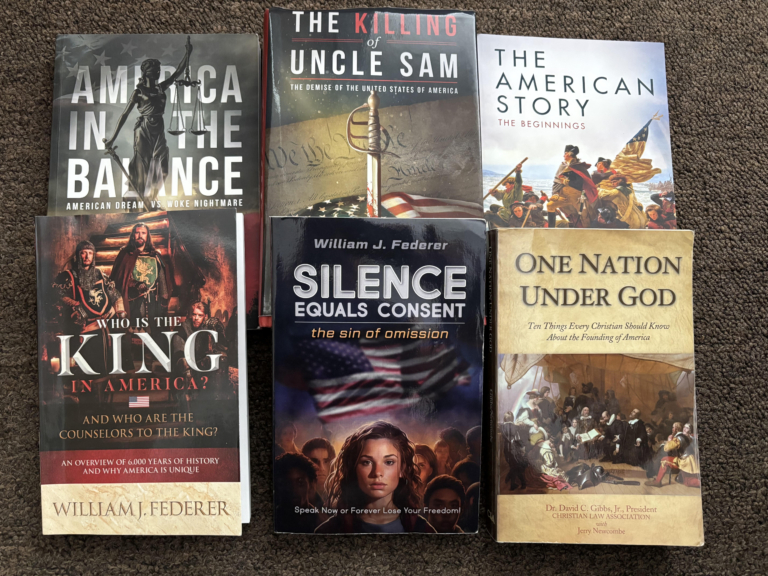Faith without Action is False!
Billy Graham once said, “Bad politicians are elected by good people who don’t vote.” Today it is hard to believe how many professing Christians sit back and do nothing about the attacks on our Christian faith. Many will complain about government or politicians and criticize the very ones they helped elect to represent themselves as…












